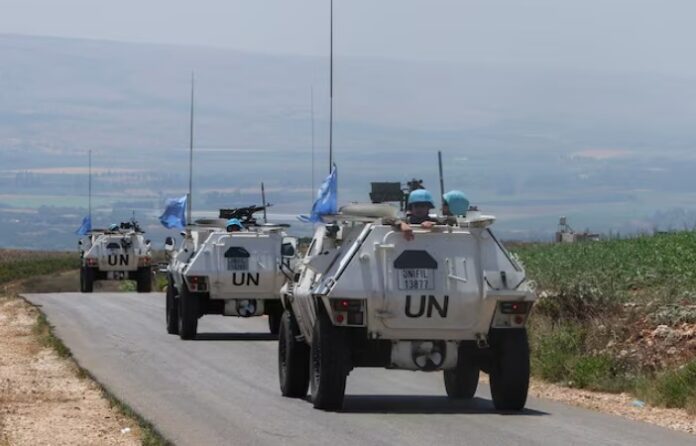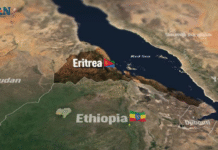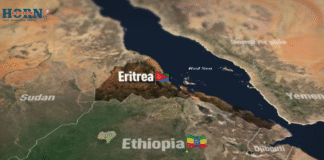The White House budget office has proposed eliminating U.S. funding for United Nations peacekeeping missions, citing recent operational failures in Mali, Lebanon, and the Democratic Republic of Congo.
This recommendation is outlined in internal planning documents reviewed by Reuters.
As the U.N.’s largest financial backer—covering 22% of its $3.7 billion regular budget and 27% of its $5.6 billion peacekeeping budget—the United States plays a critical role in the organization’s operations. China is the second-largest contributor.
The suggested cuts appear in a document known as a “Passback,” which is the Office of Management and Budget’s (OMB) official response to the State Department’s funding requests for the fiscal year beginning October 1. The proposal includes slashing the State Department’s budget by roughly 50%.
While the OMB’s recommendations are significant, the final budget must be approved by Congress, which could opt to restore some or all of the proposed cuts. In previous years, Congress has rejected similar efforts, including attempts during President Donald Trump’s first term to cut a third of diplomatic and foreign aid budgets.
“There is no final plan, final budget,” said State Department spokesperson Tammy Bruce on Tuesday, stressing that discussions are still underway.
One of the key proposals in the OMB’s Passback is the elimination of the Contributions for International Peacekeeping Activities (CIPA), which funds U.N. peacekeeping. The move is justified by what the document refers to as “recent failures” in peacekeeping efforts, naming the missions MINUSMA (Mali), UNIFIL (Lebanon), and MONUSCO (Congo), as well as the high financial assessments placed on the U.S.
Currently, the U.N. oversees nine peacekeeping operations in regions including Mali, Lebanon, the DRC, South Sudan, Western Sahara, Cyprus, Kosovo, the Golan Heights, and Abyei—a disputed area between Sudan and South Sudan.
In place of CIPA, the OMB has proposed the creation of a new $2.1 billion “America First Opportunities Fund” (A1OF), intended to support select foreign economic and development initiatives. If the U.S. decides to make any contributions to the U.N. regular or peacekeeping budgets, they would likely be drawn from this fund, according to the Passback.
U.N. spokesperson Stéphane Dujarric declined to comment on what he described as “a leaked memo” that appears to be part of internal U.S. budget discussions.
As of now, the United States owes nearly $1.5 billion toward the regular U.N. budget and $1.2 billion in peacekeeping dues. Countries that fall two years behind on payments risk losing their voting rights in the 193-member General Assembly.
With the U.N. facing a financial crunch in its 80th year, Secretary-General António Guterres has emphasized the need for greater efficiency and cost-saving measures.
REF:REUTERS



















